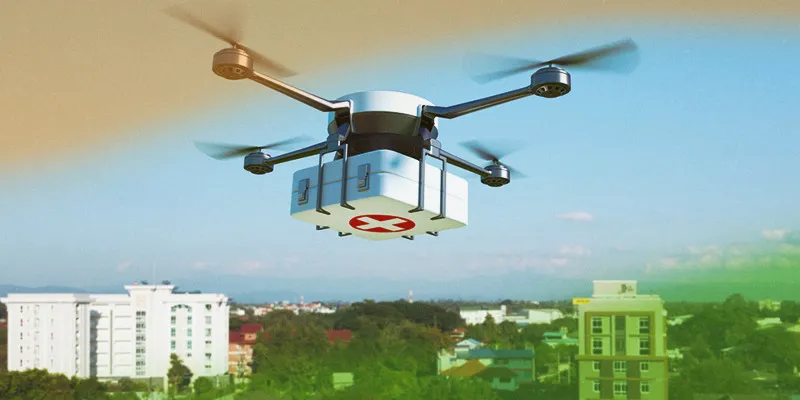Disruption by leapfrogging
I was catching up with an erstwhile colleague, let's call him 'K', who was smarting from being passed over in the office. He had expected the big corner office and the perks that go with it. Instead, life offered him a googly and his junior had been handpicked by the board to head the function. The tables had been turned and he would now have report to someone who had once reported to him.
What if you were to be picked by an organisation to supersede someone older to you? Would you get worked up?
His response was instinctive. “Of course not.”
That is human nature. When we leave others behind, we think of ourselves as worthy, deserving beneficiaries. The reasons for success always seem to be lying within us.

When someone else races ahead, we ascribe it to flawed decision-making. Yet, when we are beneficiaries of the process, we admire the organisation for building a culture of meritocracy. This leapfrogging is not limited to corporate boardrooms; nations that were laggards leap-frog over first-world competitors to set benchmarks.
Three screens
Traditionally, countries transition through a three-screen process. Most countries start with television services as the first screen. Then the second screen emerges in the form of a desktop. The mobile becomes the third screen. In case of India, because desktop needed a lot of investment in infrastructure, people moved to mobiles, skipping the phase altogether. With 277 million people using Internet, India now has surpassed the United States in terms of the number of Internet users and is now only trailing behind China. Internet usage in India is growing at 43 percent as against a flat growth seen across the world. This is what leapfrogging does.
When a city gets high-speed internet through Google Fiber, they get up to 1,000Mbps upload/download speeds. Imagine being able to download an HD movie in 40 seconds. They don’t have to go through dial-ups and 2G and move up to 3G and 4G the way most other parts of the world have.
And now drones
Rwanda has long since suffered because of the lack of motorable roads. It has allowed commercial drone service to bypass the problem. The result is that when a health worker in Rwanda places an order by text message, within minutes, a drone races along at 100 km/h, with the medicines, blood or vaccines. The drone arrives faster than any other mode of transport, and does not need pilots. Rwanda then has a 'world’s first' to its credit. It is now running the world’s first commercial drone service.
Inspired by its neighbour, Kenya is the second country to launch commercial drone service. The usages are many. From shooting films, and providing relief services and surveillance, drones will be brought into many more spheres as Rwanda and Kenya become global benchmarks in using cutting-edge technology.
The law needs to keep pace with technological changes. Mindsets must evolve to make space for the new and untried. In throwing open their skies, Rwanda and Kenya are also opening our minds.
(Disclaimer: The views and opinions expressed in this article are those of the author and do not necessarily reflect the views of YourStory.)







